
We integrate healing practices with modern wellness techniques to promote holistic health and balance for every individual.
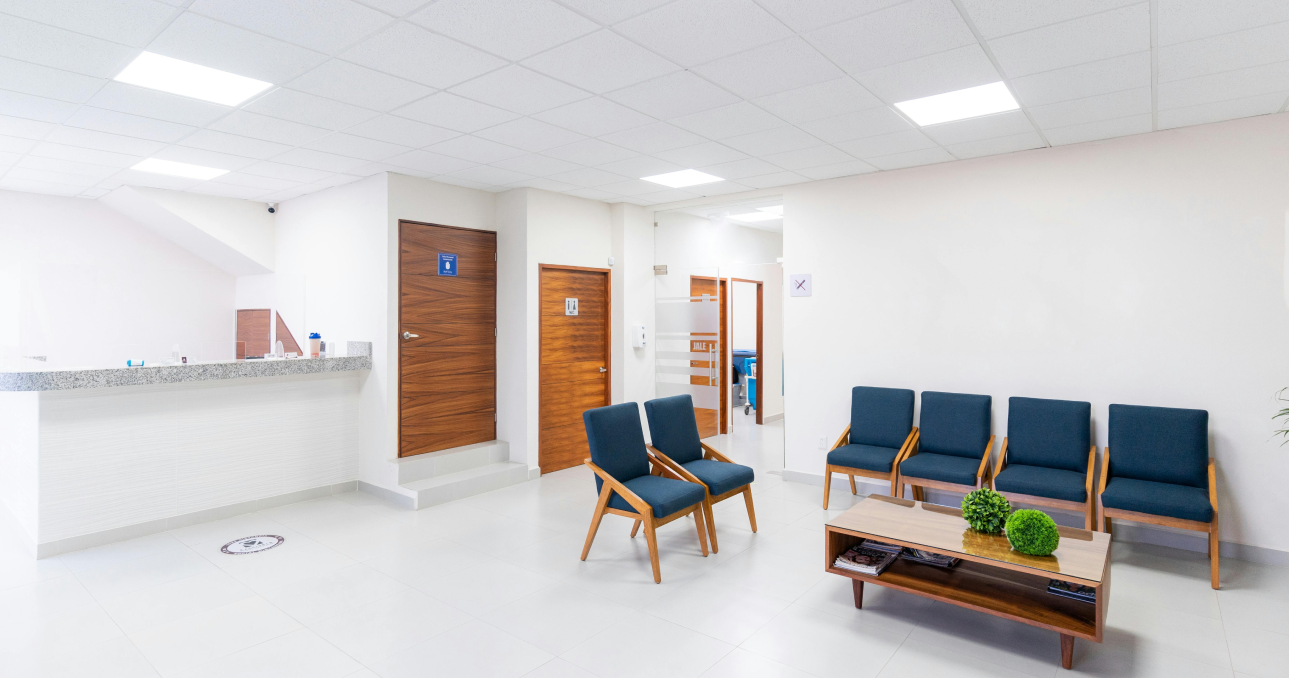
Eastern medicine, a therapeutic model esteemed for its effectiveness and historical roots, represents a healing approach that continues to impact the world positively. At the vanguard of this tradition, Hakim Mohammed Said, founder of Hamdard Pakistan, has left an indelible mark on the global health landscape with his visionary approach. Deeply inspired by the principle of "Love Pakistan - Build Pakistan," Hakim Sahib established Hamdard in 1948, forging a path of excellence in healthcare enriched with the wisdom of ancient practices. This 3-4 minute reading article delves into the legacy and innovations introduced by Hakim Sahib that have helped Eastern Medicine stand the test of time.
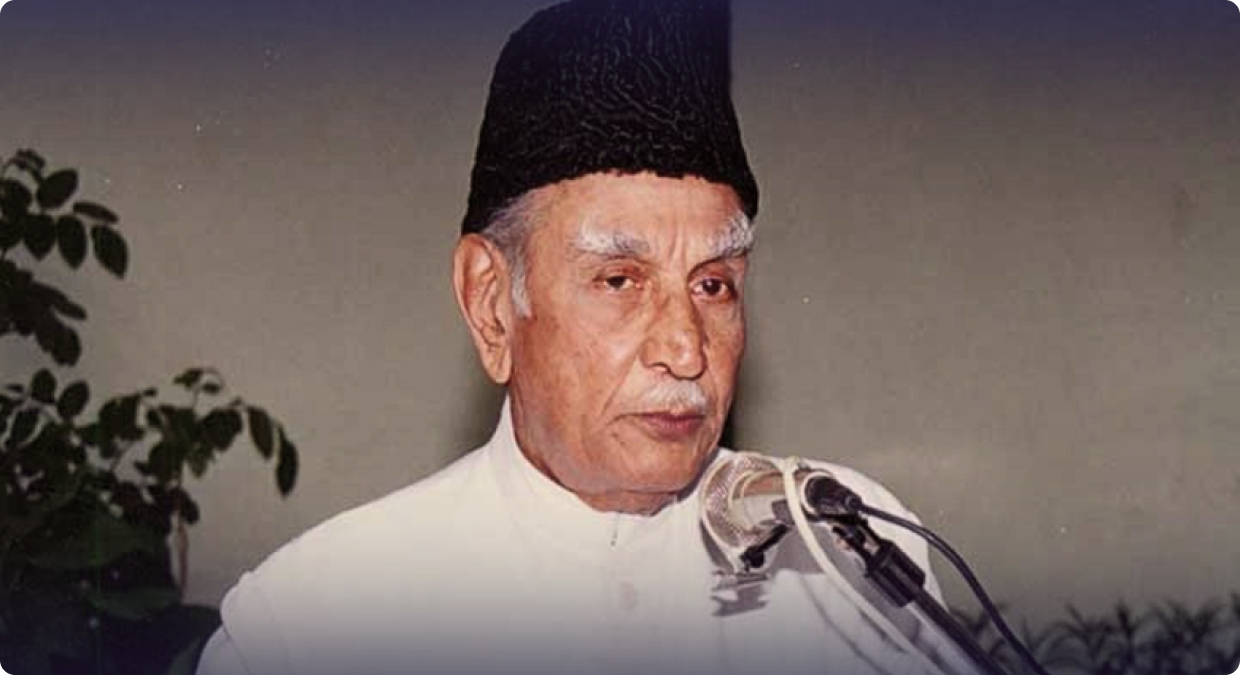
Hakim Mohammed Said, affectionately known as Hakim Sahib, set out to revolutionize healthcare in Pakistan by embracing Eastern medicine. His founding of Hamdard Pakistan in 1948 was driven by a mission to revive the therapeutic model that seamlessly integrates traditional and natural remedies. Utilizing his profound knowledge of herbal medicine, Hakim Sahib sought to provide accessible healthcare solutions embedded in Eastern wisdom.
This vision gained momentum as Hamdard rapidly advanced in developing herbal medicinal products that quickly established themselves as efficacious treatments, earning the trust and confidence of healthcare seekers. The brand's commitment to quality and efficacy set new benchmarks in the realm of healthcare solutions, fostering a deep sense of trust among patients across the nation.
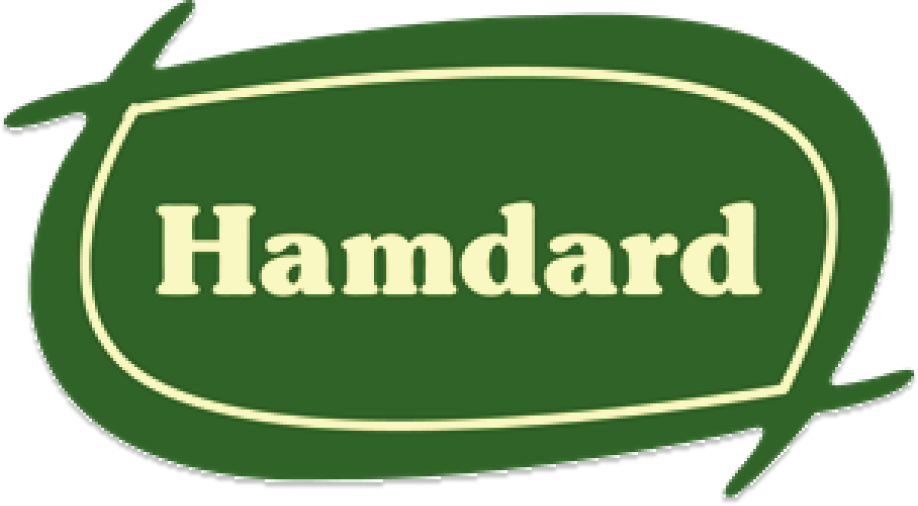
One of Hakim Sahib's groundbreaking contributions to healthcare was his focus on herbal medicine. These formulations, deeply rooted in traditional practices, have been instrumental in treating various ailments. Ranging from digestive issues to more complex disorders, Hamdard's line of products serves as a testament to the therapeutic power of nature-based remedies.
Hamdard's products, such as Rooh Afza, Safi, and Joshina, have become household names, not only within Pakistan but also internationally, highlighting the universal appeal and reliability of herbal medicine. By successfully blending traditional wisdom with contemporary demands, Hakim Sahib proved that Eastern medicine is not just a relic of the past but a potent healthcare approach that can stand alongside modern medical practices.
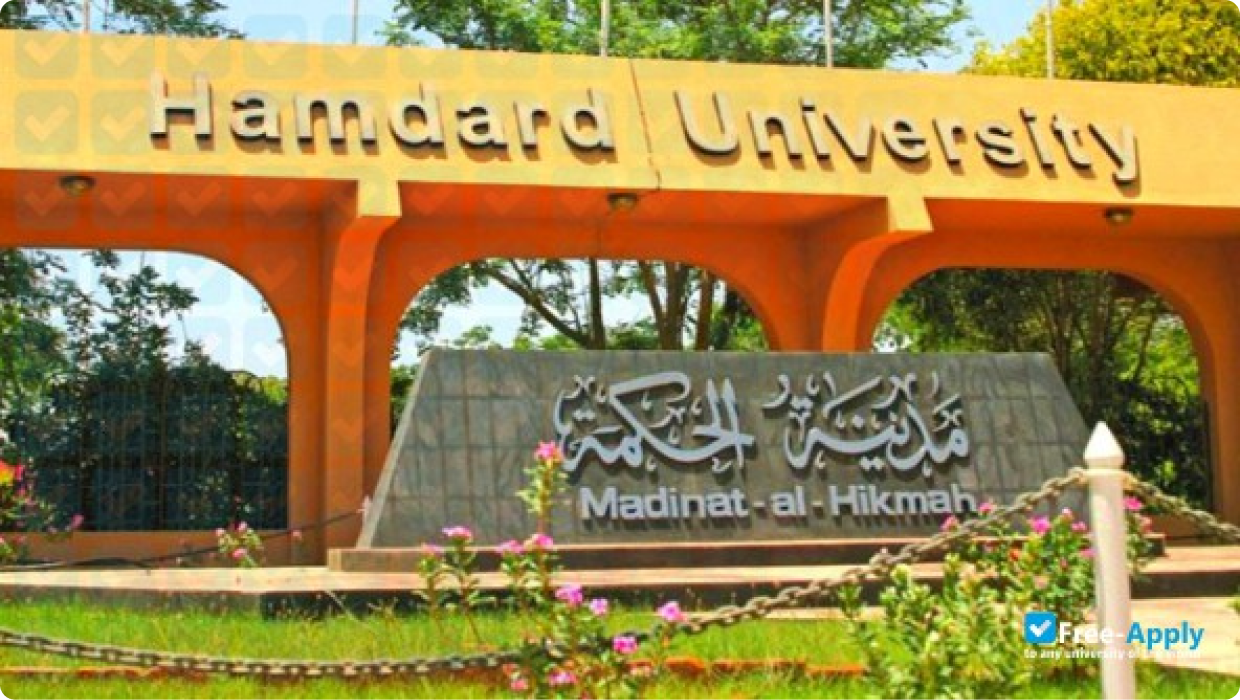
The vision of Hakim Mohammed Said extended well beyond the realm of medicine into the sphere of education. In 1991, he founded Hamdard University, aiming to restore and promote the rich intellectual traditions of past Muslim civilizations. The institution became a beacon of learning and research, renowned for its focus on integrating traditional knowledge with cutting-edge science.
Hamdard University's campus, fondly named Madinat Al-Hikmah (City of Wisdom), serves not only as a university but a hub of inspiration and intellectual exchange. Within this city of wisdom lies Bait Al-Hikmah, a library that houses a vast collection of texts ranging from ancient manuscripts to contemporary scientific writings. This repository of knowledge plays a crucial role in fostering research and discussion around Eastern medicine and its applications in modern healthcare frameworks.
The university serves as a vibrant hub where students, researchers, and scholars engage in various disciplines, particularly focusing on Eastern Medicine, which has both historical significance and contemporary relevance. Under his vision, the campus has expanded to include seven faculties: Faculty of Engineering Science & Technology, Faculty of Pharmacy, Faculty of Medical & Health Sciences, Faculty of Management Sciences, Faculty of Legal Studies, Faculty of Social Sciences & Humanities, along with its mother institute, the Faculty of Eastern Medicine. Each faculty has been meticulously designed to inspire creativity and critical thinking among its members while promoting a culture of collaboration and innovation that aligns with Hakim Muhammad Said’s vision for a comprehensive educational experience.
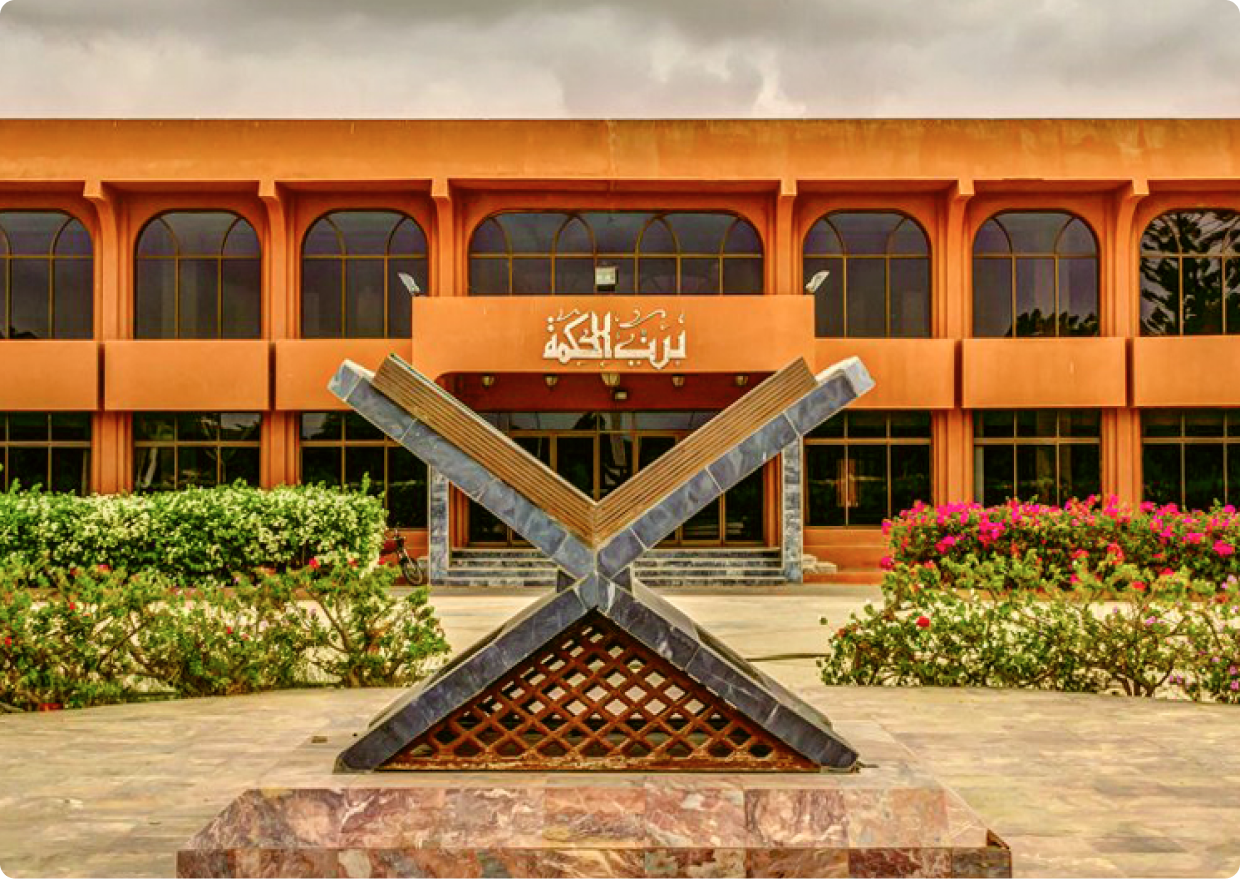
Within the confines of Madinat Al-Hikmah lies Bait Al-Hikmah, or “House of Wisdom,” which functions as the university’s library. This library is a treasure trove of knowledge, housing an extensive collection that includes ancient manuscripts, historical texts, and modern scientific literature. Founded by Hakim Muhammad Said, a prominent figure in the field of Eastern Medicine and a passionate advocate for the integration of traditional practices with contemporary healthcare, Bait Al-Hikmah plays a pivotal role in supporting research initiatives and scholarly discussions related to Eastern Medicine and its integration into current healthcare practices.
Under his visionary leadership, the library has become a vital resource for students, researchers, and practitioners alike. By providing access to diverse resources, it encourages students and faculty alike to explore various perspectives on health and wellness. The library not only preserves the rich heritage of medical knowledge but also facilitates ongoing dialogue about its application in today’s world. Through workshops, seminars, and collaborative projects hosted at Bait Al-Hikmah, Hakim Muhammad Said’s legacy continues to inspire new generations to appreciate the depth of Eastern Medicine wisdom while fostering innovation in health sciences.
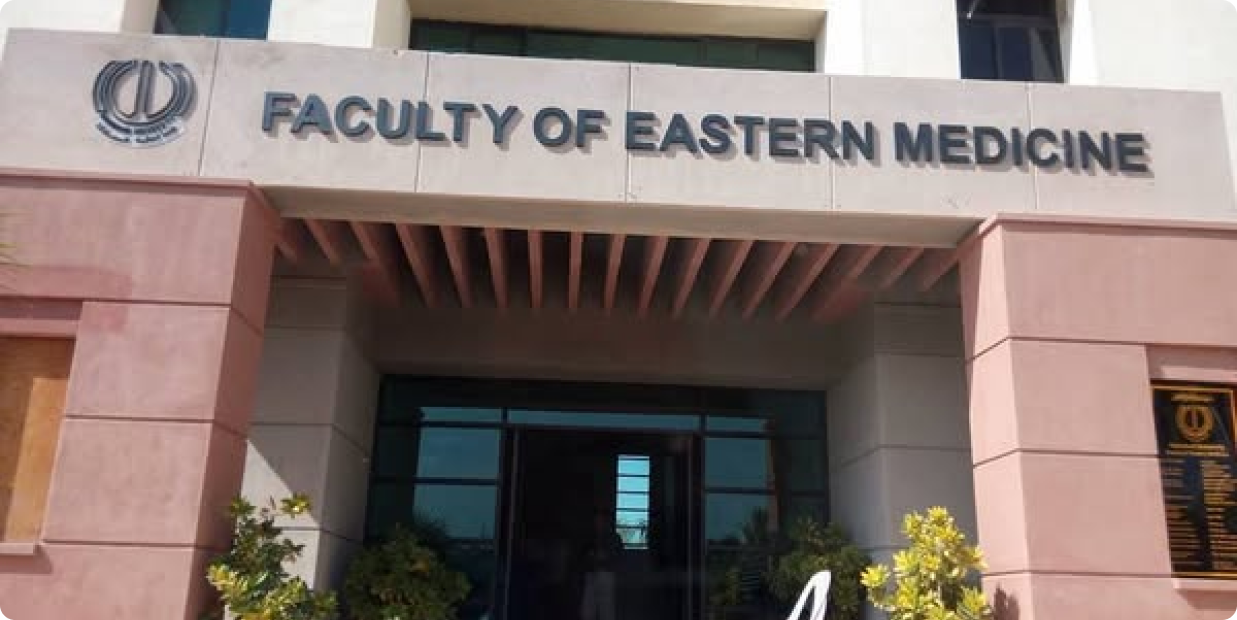
In a remarkable advancement, the establishment of the Hamdard College of Eastern Medicine evolved into the Faculty of Eastern Medicine. This transformation underscores a commitment to advancing educational excellence and promoting the depth of Eastern medical knowledge.
This esteemed institution, founded keeping in-view of the vision of Hakim Mohammed Said, is dedicated to enlivening the intellectual traditions of the Golden Era of Muslim Civilization. Established as a constituent institution in 1995, the Faculty of Eastern Medicine is the pioneering BEMS degree awarding institution of Hamdard University. With roots dating back to 1958 as Jamia Tibbia Sharqia / Hamdard Tibbi College then evolving into Hamdard Al-Majeed College of Eastern Medicine; it has evolved into a center of excellence for higher education in Eastern Medicine for the first time in Pakistan. Hakim Mohammed Said's vision for Eastern Medicine aligns perfectly with the mission of Hamdard University. The Faculty of Eastern Medicine, along with other institutions dedicated to this cause nationwide, striving to develop into a citadel of knowledge, fostering growth and innovation for the new millennium.
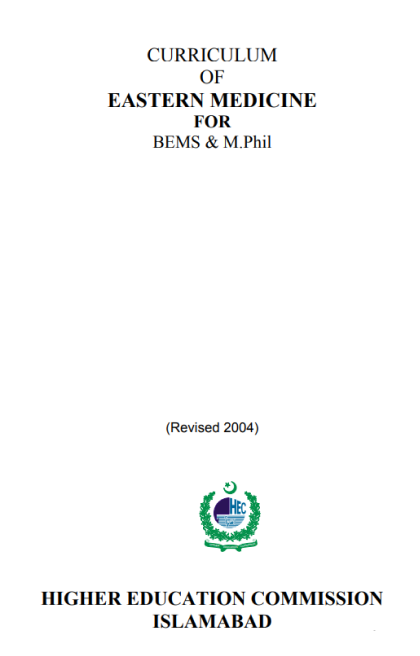
The introduction of the Bachelor of Eastern Medicine & Surgery (BEMS) degree in 1994 marked a significant stride in academic curricula. This innovative program bridges ancient healing practices and modern medical science, equipping students with a comprehensive understanding of both domains. Integrating Greco-Arab medicine with contemporary medical innovations, the program prepares graduates to be proficient in a diverse array of healing traditions, thereby broadening the scope of Eastern Medicine.
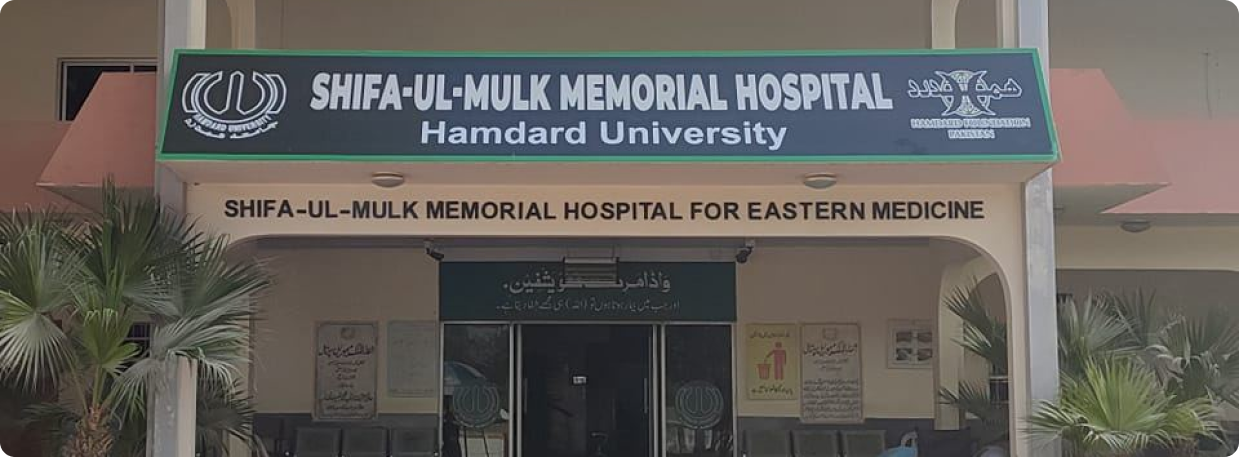
Shifa-ul-Mulk Memorial Hospital stands as a beacon of medical excellence, prioritizing compassionate care and community well-being. With a noble commitment to providing free treatment to those in need, this distinguished institution, boasting 150 beds, offers comprehensive services in both Eastern Medicine and Allopathic treatments. Equipped with state-of-the-art diagnostic services including X-ray, ultrasound, laboratory testing, and Cupping therapy, the hospital ensures a holistic approach to patient care.
Notably, SUMMH Shifa-ul-Mulk Memorial Hospital also serves as a dynamic educational hub, offering invaluable training opportunities to the aspiring students of BEMS and MBBS, nurturing the next generation of healthcare professionals with unwavering dedication and expertise. The hospital's unwavering mission to combine high-quality medical services with a commitment to education and charity sets it apart as a shining example of excellence in healthcare provision and community service.
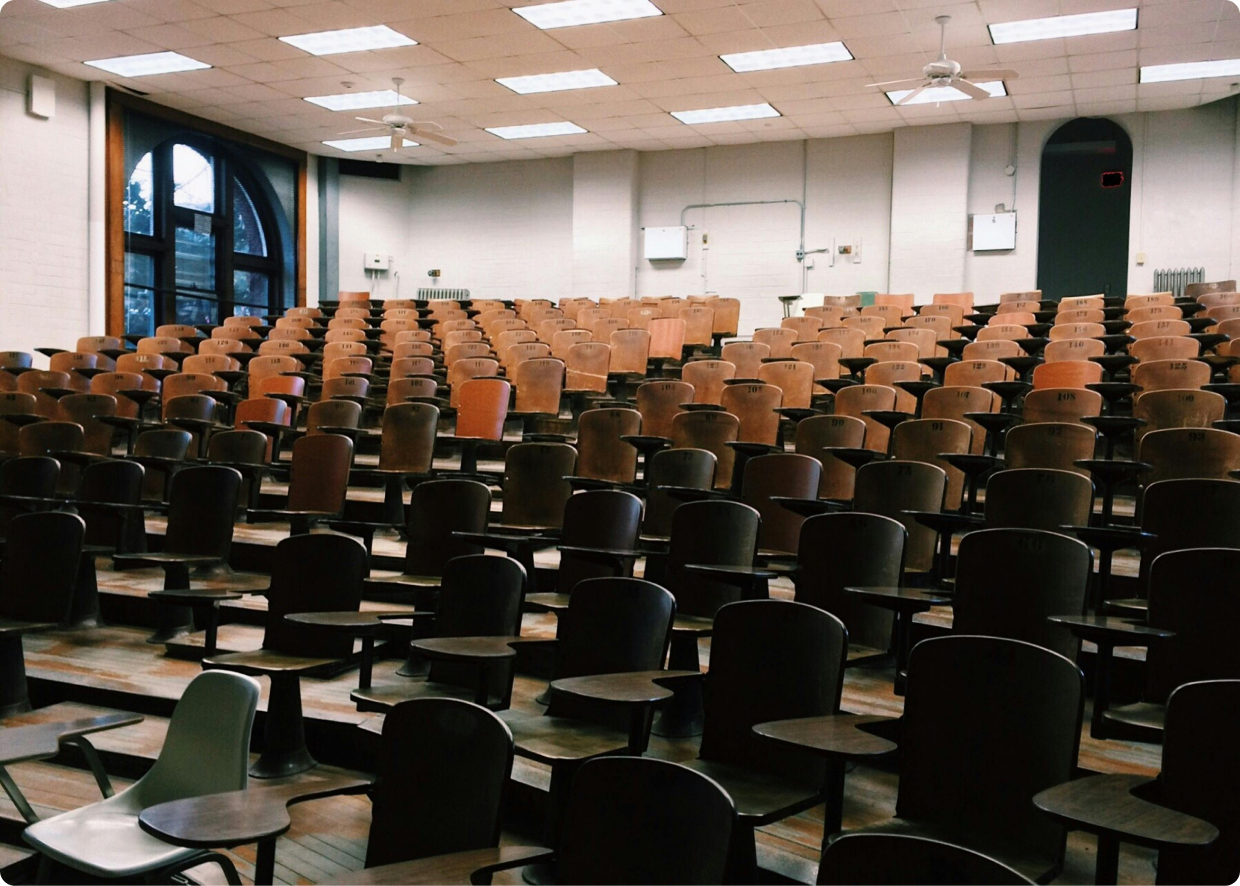
The success of the BEMS program at Hamdard has inspired other academic institutions in Pakistan to incorporate Eastern medicine into their curricula, resulting in a burgeoning interest and respect for these ancient healing arts. This educational ripple effect has cultivated a new generation of professionals trained in a holistic approach to health that considers both mind and body.
Hakim Mohammed Said's strategy of integrating education, research, and practical application in medicine showcases his visionary approach. His efforts have not only preserved invaluable traditional practices but have also ensured their relevance in today’s healthcare settings.
Hakim Mohammed Said's enduring legacy is not confined solely to his transformational impact on healthcare; it extends to his substantial contributions to educational excellence and the cultivation of holistic well-being. His "Love Pakistan - Build Pakistan" mission underscored a lifelong dedication to the broader progress of society through health and knowledge.
As the world continues to witness the benefits of integrated medical approaches, Eastern Medicine thrives, continuously offering comprehensive, natural, and effective treatments. The principles laid down by Hakim Sahib will undoubtedly continue to influence the landscape of global healthcare, encouraging synergies between ancient wisdom and contemporary science.
n celebrating Hakim Mohammed Said’s legacy, the healthcare community can look forward to a future enriched by the holistic principles of Eastern Medicine. His groundbreaking work has not only transformed how individuals perceive and utilize traditional medicine but has also paved the way for a future where such practices gain widespread acceptance.
His continuous commitment to keep learning & nurturing quality education, optimal health, trustworthy business, and industrial efficacy ensured us that Hamdard will remain synonymous with excellence and will keep its every support for persisting Eastern Medicine as a Successful Therapeutic System. This holistic approach to healthcare is a bright beacon of hope for future generations, promising an integrated path to health and wellness.
Regards,
M. Bin Tariq.


Prepare for your visit: Embark on a journey towards 100% natural healing with the transformative power of Eastern Medicine. Before delving into the realm of Unani Medicine, an advanced form of Greco-Arab Medicine backed by research and evidence, it's essential to prepare for your visit effectively. Empower your assessment: To ensure a thorough assessment and effective treatment, empower your evaluation by bringing along all relevant medical reports from laboratory, imaging, and radiology tests that relate to your current health condition. This proactive step enables our experts to tailor a personalized treatment plan specifically for you. Pave the way for healing: Prioritize your well-being by refraining from addictive substances, over-the-counter drugs, or un-prescribed medications for at least 3-5 days before your appointment. Clearing your system paves the way for our treatments to work their magic effectively. Your body speaks volumes: Your body communicates valuable insights through subtle signs. Kickstart your day by capturing close-up pictures of your tongue after brushing at night. This simple yet insightful practice helps our practitioners understand your body's needs better and guides them in crafting a holistic healing approach tailored to you. A holistic approach to wellness: For a comprehensive evaluation that leads to optimal wellness outcomes, collect the morning's first complete urine sample in a clear glass jar and capture images from above and side against a white background with white light. These intricate details play a pivotal role in guiding our Eastern Medicine experts towards creating a bespoke healing journey designed exclusively for you.